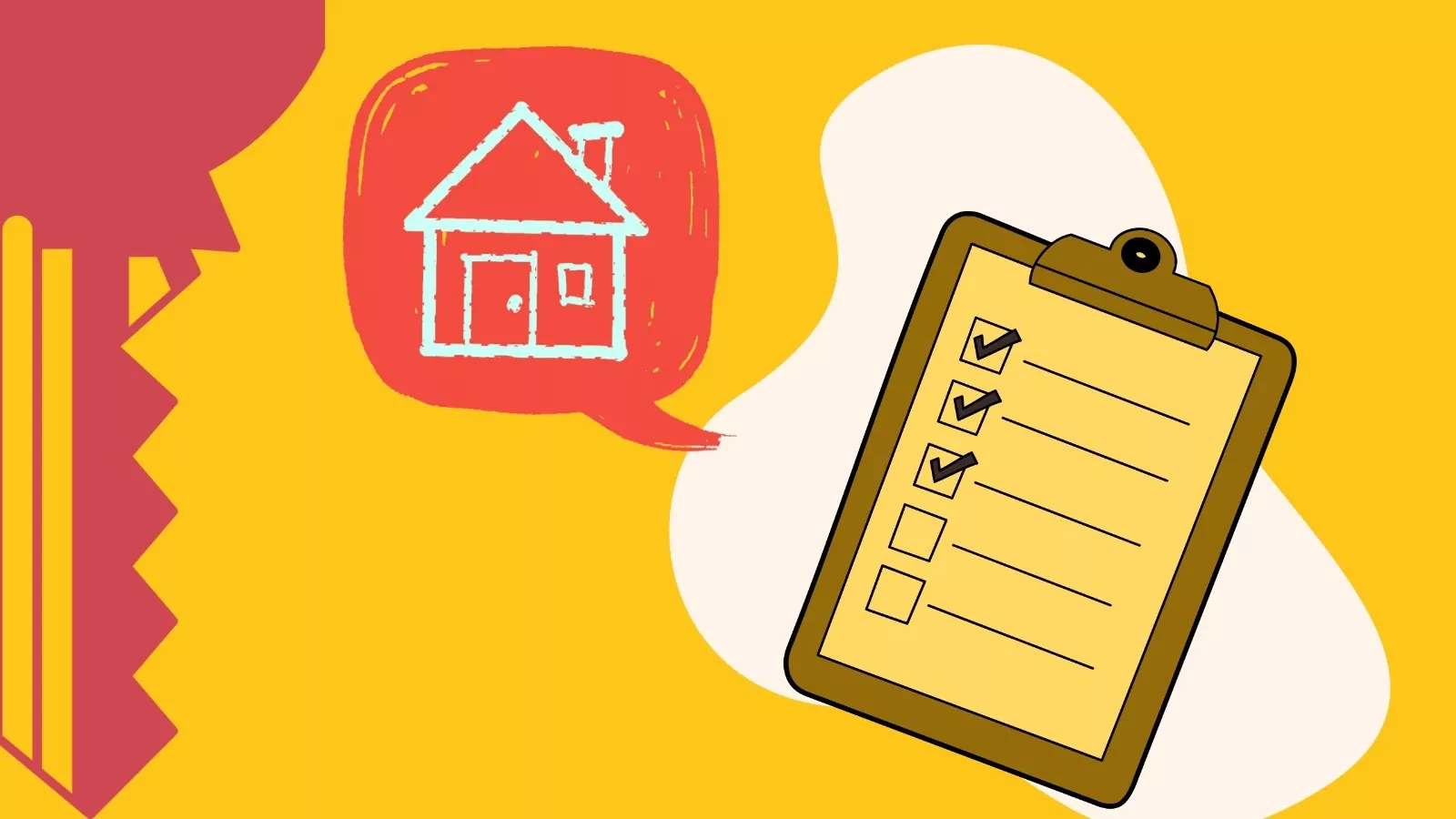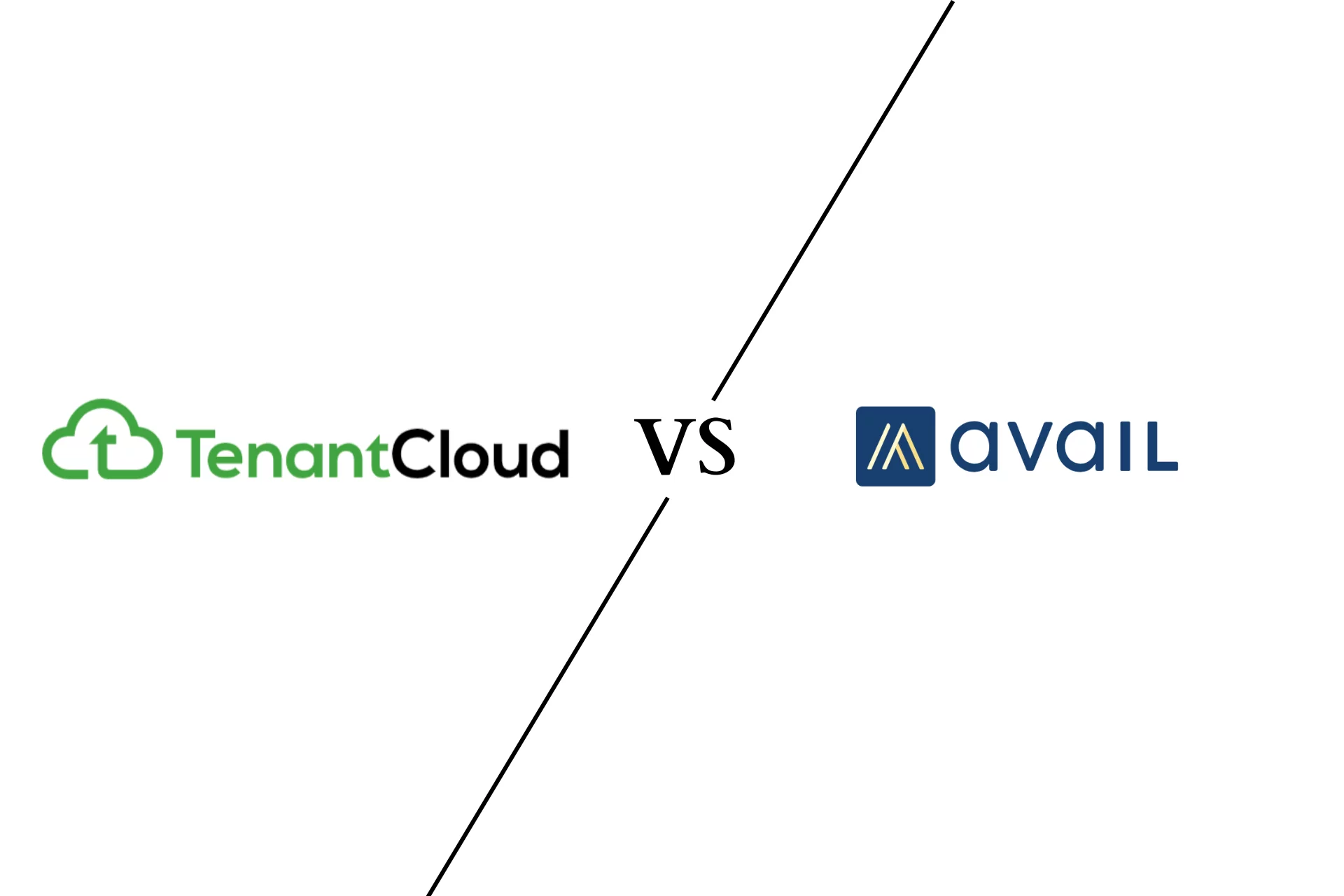You’ve found the perfect home for your next investment, with one exception: it’s in a homeowners association (HOA) community with a monthly fee. What is an HOA? And is the monthly fee that comes with it worth it? Here’s everything you need to know about HOA fees.
1. What is a Homeowners Association (HOA)?
A homeowners association (HOA for short) is a formal organization of homeowners that provides services and enforces bylaws among members for the greater good of the community, much like a city but on a smaller scale.
Members can run for positions on the board, participate in the annual general meeting, and vote in elections. In a typical structure, the HOA is responsible for the care and maintenance of common areas and amenities. That might include private roads, sidewalks, and parking lots, as well as recreational equipment like swimming pools and playgrounds.
Many HOAs also have a mandate to protect property values. This is achieved using bylaws that require members to maintain their homes to a certain standard. The most common HOA bylaws set out rules about noise, parking, and landscaping.
HOAs are becoming more and more prevalent across the country. According to ipropertymanagement.com, almost three-quarters of homes sold belong to HOA communities, and there are over 350,000 HOAs across the country with approximately 8,000 new ones being formed every year.
2. What are HOA Fees?
Homeowners associations pay for their operations by charging fees. Each property member is responsible for paying its share. Fees are set by the board of directors, and can be assessed according to lot size, square footage, or the home’s appraised value. Most HOA fees are due monthly.
HOAs can also levy fees for special assessments, which are one-time charges to cover a large, unexpected expense.
For example, a condo building that unexpectedly needs to replace an elevator may charge its members an assessment to cover the cost. If you’re unable to pay an HOA assessment up-front, the HOA can take out a loan in your name and add the cost of repayment to your monthly fees.
3. What Do HOA Fees Cover?
HOA fees pay for all of the homeowners association’s activities with several different types of costs.
A typical HOA budget includes:
- Operating expenses, which are the costs of running the HOA. Operating expenses might include the salary for a property manager, security company and legal fees, and accountants,
- Capital expenses, which are the costs of major improvements made by the HOA, and
- Maintenance expenses, including the costs of ongoing repairs, snow clearing, landscaping, and cleaning.
Responsible HOAs also use a portion of fees to maintain a reserve fund to pay for large upcoming expenditures, both planned and unplanned. The HOA may also have to make monthly payments for debt obligations.
While HOA fees can seem like a big drain on your landlord banking, one of the biggest HOA benefits for landlords is that the HOA takes care of much of the maintenance you might otherwise have to look after yourself.
Your tenant can contact the HOA for help with things that fall under their jurisdiction, saving you time and effort.
4. Do I Have to Pay HOA Fees?
When you buy a home that falls under the jurisdiction of an HOA, you will most likely be required to join the HOA as a condition of sale. As a member, you are contractually obligated to pay the HOA’s fees.
If you don’t pay, the HOA has legal recourse to recover their loss. They can register a lien against your home, send your account to a collections agency, and sue you for payment. The HOA may also have power of sale over your home, allowing them to evict you and sell the property if you fall behind on your payments.
5. Can I Make My Tenant Pay HOA Fees?
As a landlord, you can add a clause in the lease making it your tenant’s responsibility to pay the HOA fees. This may not be the best approach, however, because you, the homeowner, are legally responsible for paying the HOA fees, you’re on the hook if your tenant doesn’t pay.
What’s more, your HOA fees are a Schedule E deductible expense, reducing your taxable income at a 1:1 ratio.
That means if you pay the average HOA fee for a single-family home of $250 per month, you can deduct $3,000 from your taxable income for the year.
Record your HOA fee payments in your expense management software every month to make filling out your Schedule E an easy job come April.
If you choose to have your tenant pay your HOA fees, have them pay you directly rather than the HOA by adding it as a recurring monthly fee in your online rent collection software or automated billing system. Learn more about this in our article on how to optimize and track online rent collection.
6. Are HOA Fees Worth It?
For the most part, HOA fees are a necessary part of homeownership.
Shared amenities and infrastructure have to be paid for somehow. If it weren’t for the HOA, the responsibility would shift to the local government and be reflected in your property taxes.
As a member of an HOA, you have a greater degree of control over how your community is managed. The average HOA has just 114 member properties. If you want to have even more influence, you can run for a seat on the HOA’s board of directors.
HOAs also have a slight advantage when it comes to property values. According to ipropertymanagement.com, homes in HOAs are valued about 4% higher than comparable non-HOA houses. It’s a modest premium that’s unlikely to have direct ROI from fees, but it’s better than nothing.
Final Thoughts: Homeowners Association Fees
HOA fees pay for many of a home’s amenities, services, and common-use elements. While nobody likes paying fees, the services provided by HOAs are necessary expenses that you, the homeowner, would have to pay for one way or another.
Fortunately for landlords, HOA fees are a Schedule E tax deduction, meaning the amount you spend on HOA fees reduces the amount of tax you have to pay on your rental property income. And the HOA may provide some services to your tenants that you would otherwise have to provide yourself, saving you time and effort.
FAQs
HOA fees should be commensurate with the services it provides. An HOA with things like a large parking structure, swimming pool, and gate security will have higher fees than one without.
High HOA fees can be a sign of poor management. According to ipropertymanagement.com, the average HOA fee for a single-family home is $250 per month.
No. HOA fees pay for necessary things like shared roads, parking lots, common areas, recreational amenities, security, landscaping, cleaning, and more. While HOA fees can feel like an unnecessary expense, an HOA is usually able to provide those services to the community at a lower cost than you could provide them yourself.
HOA fees normally cover the maintenance of all shared elements within the community. Most commonly, HOAs pay to maintain private roads and sidewalks, parking structures, landscaping, and recreational amenities. HOAs may also provide services like a property manager and security. HOA fees also cover the cost of operating the HOA and enforcing bylaws.







